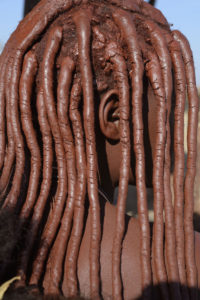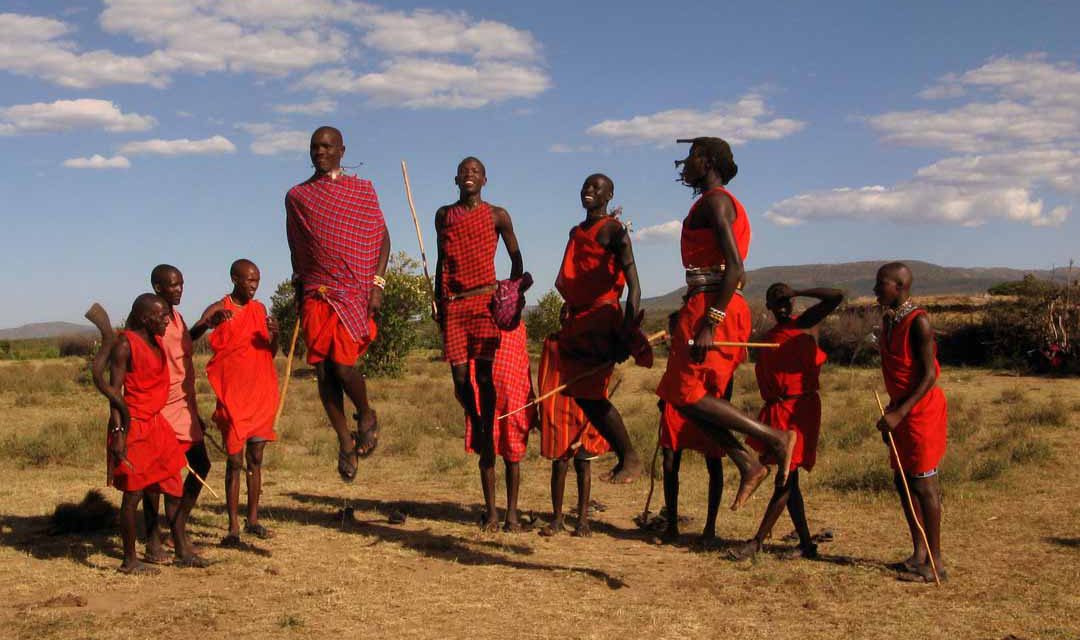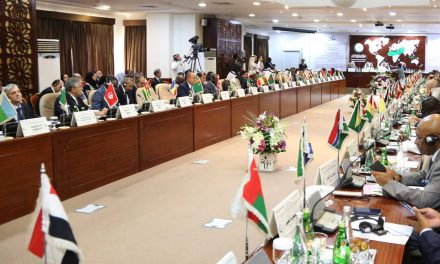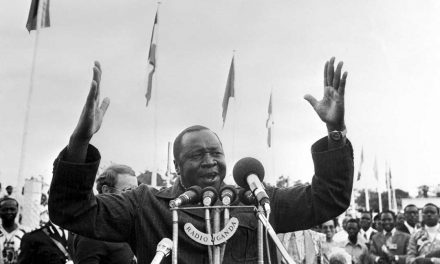Perceptions that ethnic African cultures are primitive as measured against a western way of life are not supported by modern anthropology
 Recently in Kenya, in a remote village deep in the western part of this East African nation, a young man aged 23 was discovered to have secretly married his teenage cousin.
Recently in Kenya, in a remote village deep in the western part of this East African nation, a young man aged 23 was discovered to have secretly married his teenage cousin.
In the Luhya community, where cousin is synonymous with sister, alarm bells went off immediately and the “couple” was subjected to a bizarre cleansing ritual that involved, among other things, stripping naked in public, sitting in a sheep’s punctured intestines and having a tortoise walk on their backs as they mocked a sexual act. The event received a lot of media attention; the ritual was the community’s cultural way of punishing and cleansing incestuous members.
According to Gregory Shaku, a village elder and custodian of culture among the Kabras people, a sub-clan of the larger Luhya tribe, incest – or sex between close relatives – is taboo. “If they are not cleansed through the tortoise ritual,” he said in a phone interview, “they will carry a generational curse and their lineage will not survive it. Their children will be dying or will turn out abnormal.”
The ritual, according to traditionalists, is part of this community’s norms and values, and would generally be referred to as a characteristic of African culture. But different communities across the continent have their own ways of dealing with incest and other vices.
Opinion is divided over whether indeed there is an African culture. As some argue, Africa is a collection of hundreds, if not thousands, of communities with their own unique cultures. So a more politically correct phrase, “cultures of Africa”, has emerged.
The diverse African cultures vary from one country to another, and also within countries. For instance, you could say that there is a Kenyan or a Nigerian culture or a South African culture. But within the various communities/tribes in each of these countries, you have the Maasai (Kenya), the Ibo (Nigeria) and the Zulu (South Africa), each living according to their culture. The culture of each ethnic group centres on its social setting and is depicted through a number of identities such as food, marriage, dress, art, music and oral literature.
Talk about African culture needs qualification, says Tom Odhiambo, a literature lecturer at the University of Nairobi. Basically, this means you have to specify the “Africanism” in it. “It’s pretty much the same way you would talk about the Kenyan culture to mean the Kenyan way of doing things. Yet Kenya has 42 tribes and 85 speech communities, each with their respective unique cultures,” Odhiambo told Africa in Fact. “African culture”, in his view, is a generic term representing the various landscapes of African experience.
Throughout Africa, people speak a variety of languages, practise numerous religions, dress differently, have unique cuisine and live in various types of dwellings. The unique customs of African ethnic groups are woven into their cultures in a tapestry that’s every bit as colourful and diverse as the people themselves. It is this conglomeration that many call African culture.
Africa is inhabited by various ethnic nationalities with different languages, modes of dressing, eating, dancing and even greeting habits, agrees Gabriel E. Idang of the department of philosophy at the University of Uyo in Nigeria. “But in spite of their various cultures, Africans do share some dominant traits in their belief systems and have similar values that mark them out from other peoples of the world,” he wrote in a 2015 paper on African cultures, African Culture and Values. “A Nigerian culture, for instance, would be closer to, say, a Ghanaian culture on certain cultural parameters than it would be to the oriental culture of the eastern world, or the western culture of Europe.”
These dominant traits could be said to form a continental culture, or as Odhiambo says, an “Africanist” culture. Anthropologists also say the different cultures found among people living on the continent have some Africanness about them that qualifies them together and separately as African culture. The trick is turning this diversity into a strength, says Godfrey Kipsisei, an authoritative voice on Kenyan culture, who teaches at the University of Nairobi’s Institute of Anthropology and African studies.
He points out that perceptions that ethnic African cultures are primitive as measured against a western way of life are not supported by modern anthropology. But Africa’s rich tapestry of cultures is being eroded by the influence of the West, which kills local languages and destroys political systems. This annihilation is based on the belief perpetuated by western powers that African cultures are primitive and thus need civilisation.
“Primitive on which basis? Africans have been served by their cultures effectively for centuries.” In Uganda, for instance, Kipsisei says, traditional doctors were performing surgeries way before so-called modern European medicine arrived there through Egypt.
But scholars and traditionalists can also agree that change is as inevitable as it is in the natural world. As Idang also wrote in African Culture and Values: “Many cultures around the continent are now taking on a more western feel. Indeed, culture needs to change; (that) which wants to remain static and resistant to change would not be a living culture.” All cultures, he says, are carried by people, and people do change their social patterns and institutions, beliefs and values and even skills and tools of work. “A culture cannot but be an adaptive system,” he concludes.
Globalisation and the rise of Internet technology and mobile communication are forcing African cultures to adopt new lifestyles, even when it hasn’t been easy to do. “The flag follows the cross,” says Kipsisei. “Cultures with stronger political and economic muscle have obviously heavily influenced African cultures since colonial times, while Africa has influenced them in a very small way.”
Over the centuries, African cultural systems have encountered different cultures from around the world. Arabs crossed into North Africa from the Middle East during the 7th century AD, bringing with them the religion of Islam. Europeans began settling in the southern portion of the continent in the mid-17th century. So did South Asians at a somewhat later date; they settled mainly in the areas of Uganda, Kenya, Tanzania and South Africa.
Nevertheless, despite these arrivals – or incursions, depending on how you see them – African cultures and traditional African customs remain mostly intact around the continent. In Africa, cultures have been closely tied to their languages, but even this is changing. “The Suba in western Kenya speak Dholuo language after being assimilated by the Luos, but they still identify themselves as Suba,” says Kipsisei. “Even Africans who speak only foreign languages will retain their ancestral identities.”
Modernity is seen to be more influential in Africa’s urban centres, while people in rural areas still hold on to their cultures, though with some losses and gains. In outline, the pattern here is that they adopt certain values and norms from other societies while dropping parts of their own cultures that have outlived their usefulness. Female circumcision as practised by a number of tribes in Kenya has “dropped off naturally”, for instance, Kipsisei says. Other aspects of culture that are being abandoned include child marriage, nomadism and the inheritance of a wife from a dead male relative.
The persistence of Africa’s many local or ethnic cultures can contribute both to their internal cohesion and to their capacity to integrate with the wider world. “These different cultures tend to create a balance in social, economic and even political spheres,” says Kipsisei. The existence of a range of ethnic groups in African countries “encourages negotiation and building of coalitions or alliances,” he argues. “Countries with fewer tribes always have issues. In Rwanda, where there are two dominant groups – Hutu and Tutsi – the divide was so huge that it led to the genocide. The Somali speak more or less the same language, yet they have been fighting for years.”
All said, the positive dimensions of Africa’s cultures – from unity and nature conservation to arts, dance and activities that inspire happiness – show that they can be innovative and instrumentally beneficial by stimulating development in society.
LUKE MULUNDA is an editorial consultant and journalist based in Nairobi, Kenya. He runs Business Today (www.businesstoday.co.ke), an online news and information portal, and is a contributor for international magazines including Forbes Africa and BRICS Journal. He enjoys writing on business, the economy and technology. He has previously worked for the Nation Media Group as a business editor and the Standard Group as a reporter and copy editor













